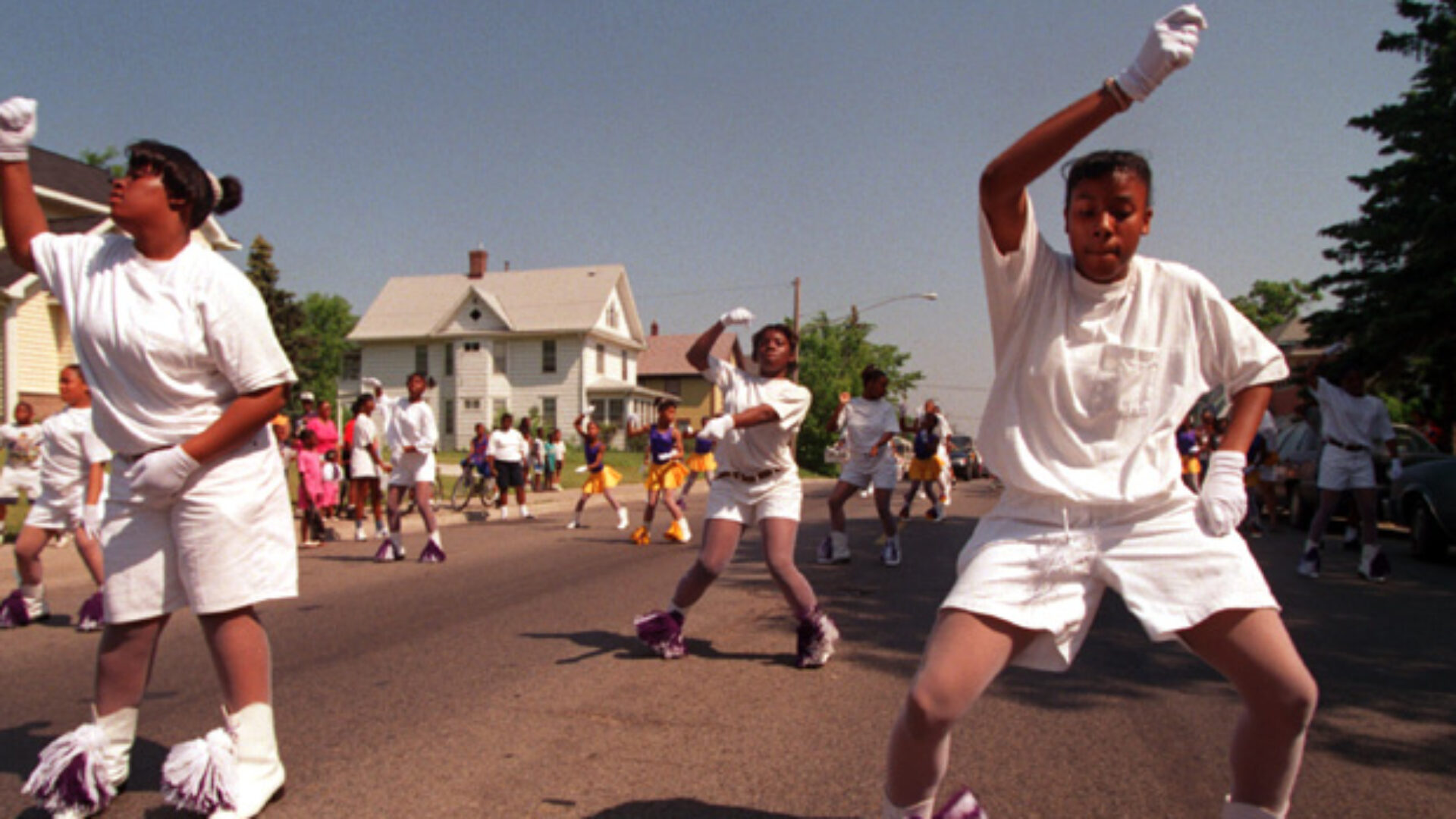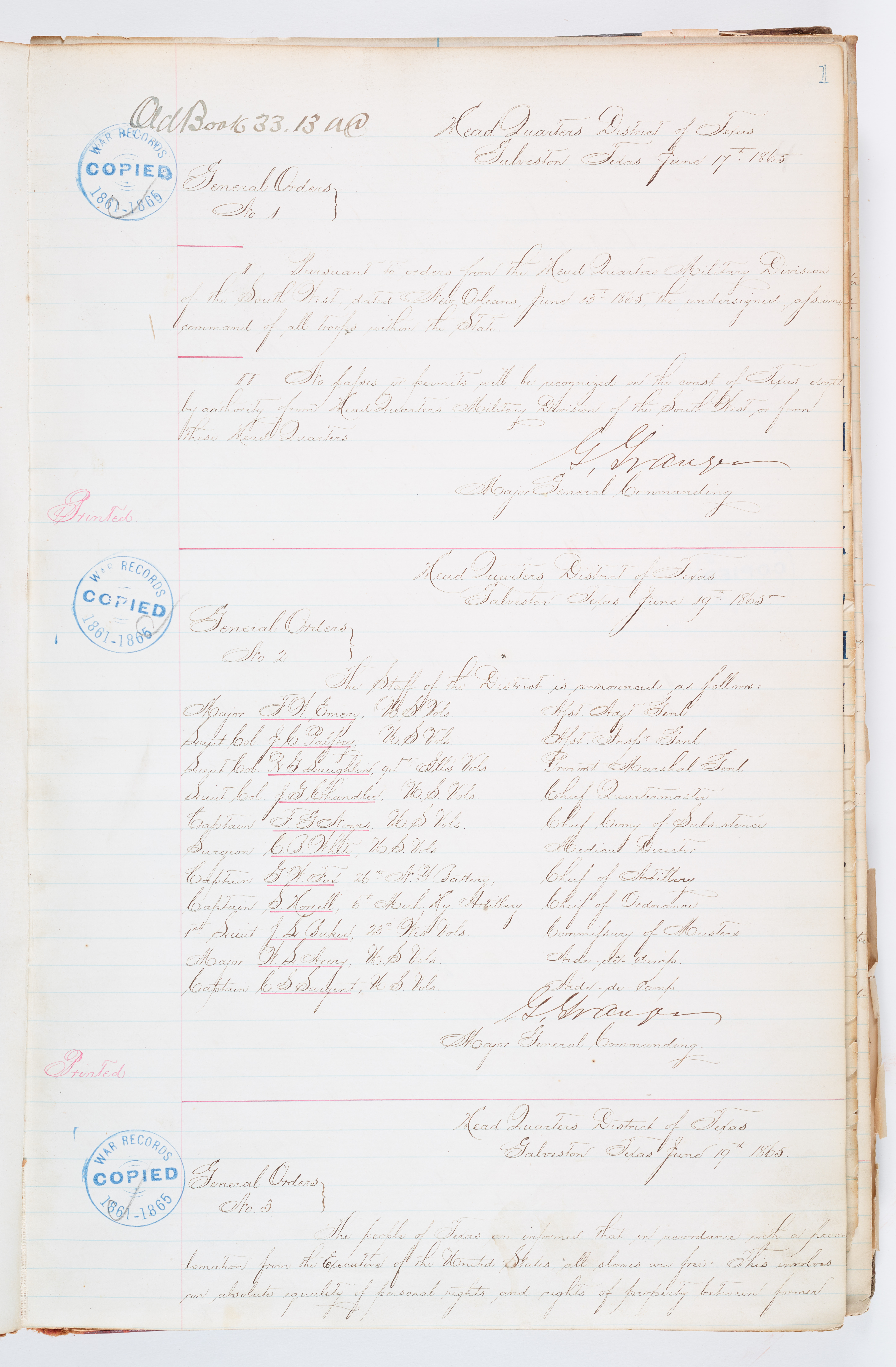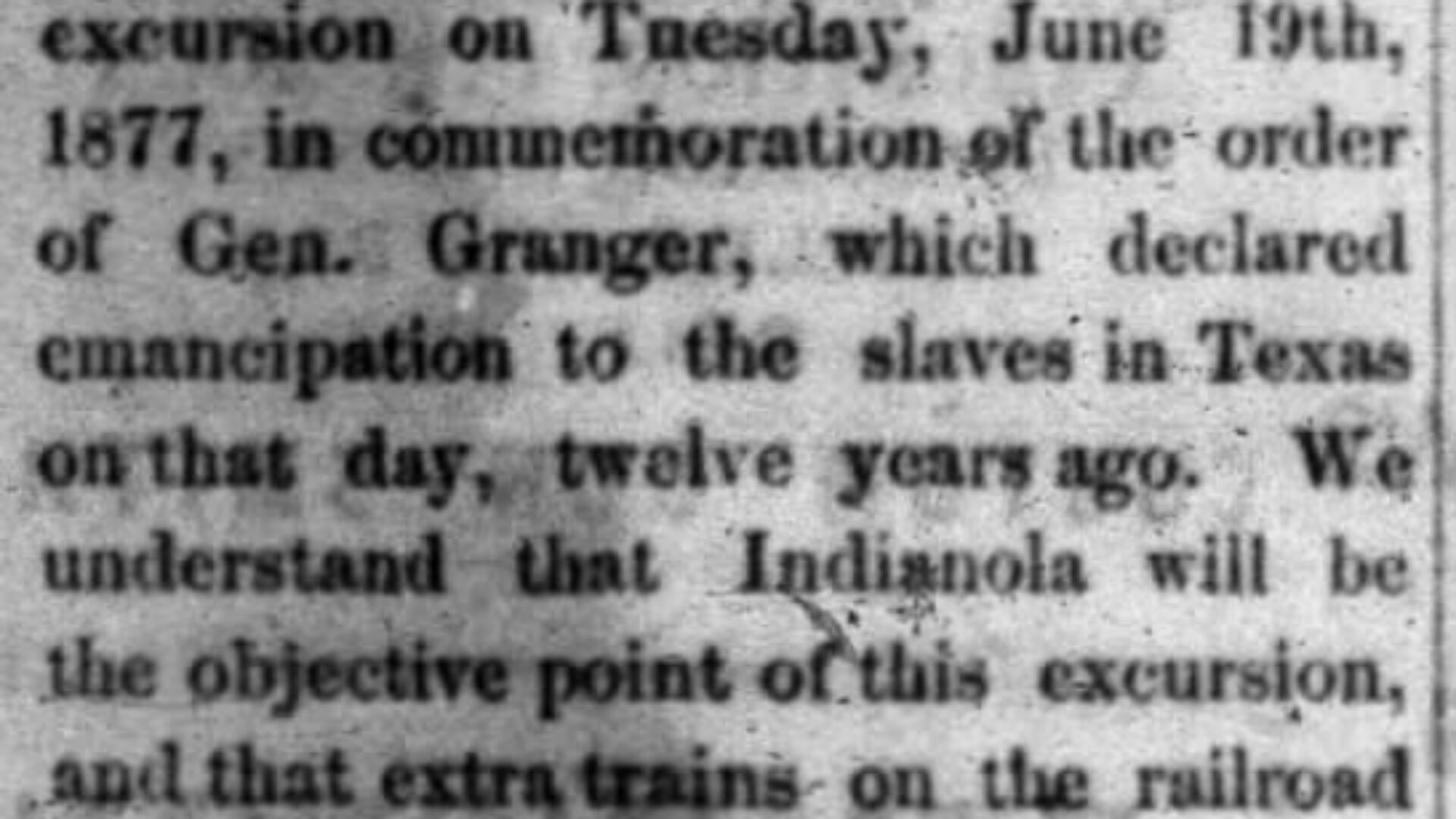
Juneteenth (a blend of the words “June” and “nineteenth”) is a holiday commemorating the freedom of all enslaved African Americans in the United States of America. History books commonly refer to January 1, 1863 as the end of slavery since President Abraham Lincoln issued the Emancipation Proclamation ordering the end of slavery. Unfortunately, that document did not register to states further south. It was not until June 19, 1865 that an executive decree made in Texas, freed all enslaved people in the United States. Celebrations from newly freed Black people emerged and Juneteenth was born. The memorialization of the holiday has evolved tremendously throughout the years.
The Civil War began in 1861 between states that were loyal to the constitution (advocating for the freedom of all people) and states that were not. Majority of the states that advocated to uphold slavery were located in the south. Those states created a group that seceded from the United States called the Confederacy. This is where the confederate flag was developed and why it is so offensive. President Lincoln issued the Emancipation Proclamation in the midst of the Civil War on January 1, 1863. The proclamation declared “that all persons held as slaves” within the rebellious states “are, and henceforward shall be free.” The legislation went unenforced for 2 and a half years. Military of the loyalists to the Constitution called the Union, travelled through the confederate states enforcing the proclamation. Texas was the state furthest south. That is why the June 19, 1865 visit to Galveston, Texas where U.S. General Gordon Granger issued General Order 3 mandating the liberation of all slaves is celebrated as the official day of freedom — Juneteenth.

The holiday recently received national recognition but traditionally it was celebrated heavily in Texas. It then spread internally within the Black community. In 1866, a year after the Galveston visit, the freed people of Texas organized an annual celebration of the emancipation called Jubilee Day. Moving north of Texas, in Houston, a group of ministers and businessmen purchased 10 acres of land in 1872 and named it Emancipation Park. They did this with the intentions of hosting an annual celebration there. In 2022, there will be a two-day, sold-out celebration there.
In 1980, Texas officially recognized Juneteenth as a holiday.

For those who did not live in the south, Juneteenth was not as publicized. It was celebrated internally with family until 2021 following the death of George Floyd. His death resurfaced dialogue around police brutality and the practices of our justice systems sharing similarities with slavery. To acknowledge the the concerns of the Black community and honor the commitment to change, legislation to observe Juneteenth nationally was accelerated in Congress.
Increased awareness was also due to the work of Opal Lee, a retired school teacher who for had pushed to make Juneteenth a federal holiday for years.
On June 17, 2021, President Biden signed a law recognizing Juneteenth Independence Day as a federal holiday, with Lee present. Now, massive celebrations occur nationally to commemorate the end of slavery. It is now widely commercialized and major companies have even received backlash for their insensitivity in doing so. The celebrations serve as a reminder of how far we have come yet how much we have to fight for the equality for Black people in America.